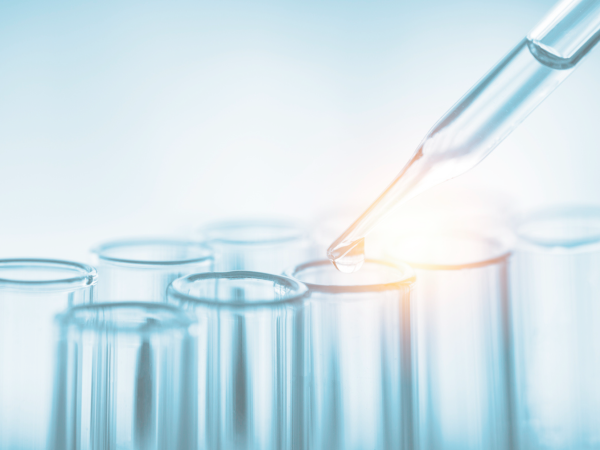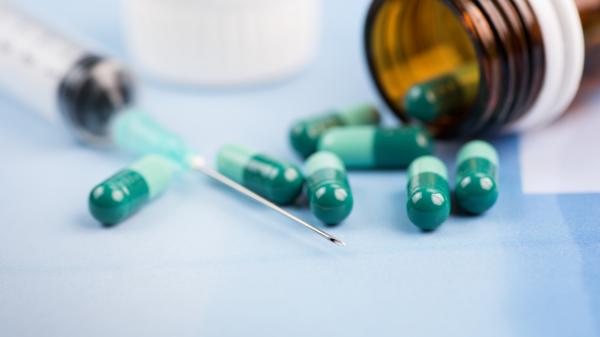Science office
The power of science
The Anticancer Fund believes in the power of science, and cancer research is at the heart of our mission. We strongly advocate for open science - including transparency in conflicts of interest, open access publications and data sharing.
As part of this commitment, we curate a number of online databases related to our scientific work. You can explore the databases below.

Scientific Publications
A trail of innovation
As a research foundation we contribute actively to the scientific literature. You can access a comprehensive list of our scientific publications, showing our dedication to advancing cancer research and sharing insights.
Open Access Databases

Repurposing drugs
Repurposing non-cancer drugs for cancer indications
Our database of non-cancer drugs which have shown some evidence of anticancer activity, and are candidates for investigation as possible cancer treatments.

Cancer drugs
An overview of cancer medications
Our database of licensed cancer medications, providing a comprehensive overview. Note that experimental or unlicensed medicines, nutraceuticals or medical devices are not included.

Repurposing trials
Clinical trials using repurposed drugs
Our database of active clinical trials utilising the candidate drugs included in the repurposing drugs database. Specifically focused on cancer trials, it excludes trials where drugs are being repurposed for symptom control or diagnostic purposes.
Newsletter
Navigating scientific breakthroughs in drug repurposing
Stay informed about the latest scientific papers and clinical trial results in drug repurposing, one of the primary focus areas of the Anticancer Fund. Catch up with previous issues of the newsletter and subscribe for free by sending an email to info@anticancerfund.org.
